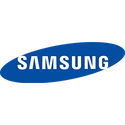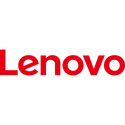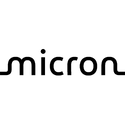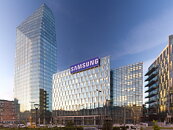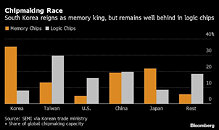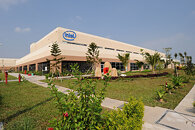Applied Materials Launches Multibillion-Dollar R&D Platform in Silicon Valley to Accelerate Semiconductor Innovation
Applied Materials, Inc. today announced a landmark investment to build the world's largest and most advanced facility for collaborative semiconductor process technology and manufacturing equipment research and development (R&D). The new Equipment and Process Innovation and Commercialization (EPIC) Center is planned as the heart of a high-velocity innovation platform designed to accelerate development and commercialization of the foundational technologies needed by the global semiconductor and computing industries.
To be located at an Applied campus in Silicon Valley, the multibillion-dollar facility is designed to provide a breadth and scale of capabilities that is unique in the industry, including more than 180,000 square feet - more than three American football fields - of state-of-the-art cleanroom for collaborative innovation with chipmakers, universities and ecosystem partners. Designed from the ground up to accelerate the pace of introducing new manufacturing innovations, the new EPIC Center is expected to reduce the time it takes the industry to bring a technology from concept to commercialization by several years, while simultaneously increasing the commercial success rate of new innovations and the return on R&D investments for the entire semiconductor ecosystem.
To be located at an Applied campus in Silicon Valley, the multibillion-dollar facility is designed to provide a breadth and scale of capabilities that is unique in the industry, including more than 180,000 square feet - more than three American football fields - of state-of-the-art cleanroom for collaborative innovation with chipmakers, universities and ecosystem partners. Designed from the ground up to accelerate the pace of introducing new manufacturing innovations, the new EPIC Center is expected to reduce the time it takes the industry to bring a technology from concept to commercialization by several years, while simultaneously increasing the commercial success rate of new innovations and the return on R&D investments for the entire semiconductor ecosystem.













